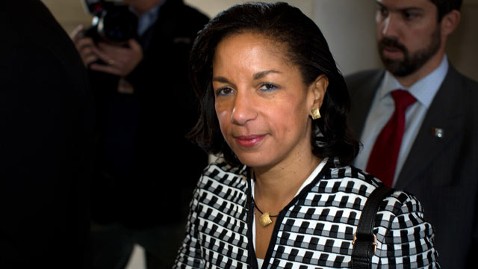If the world's entire population went in for a collective checkup, would the doctor's prognosis be good or bad? Both, according to new studies published in The Lancet medical journal.
The vast collaborative effort, called the Global Burden of Diseases, Injuries, and Risk Factors Study 2010, includes papers by nearly 500 authors in 50 countries. Spanning four decades of data, it represents the most comprehensive analysis ever undertaken of health problems around the world.
It reveals that, globally, we're living longer but coping with more illness as adults. In 1990, "childhood underweight"—a condition associated with malnutrition, measles, malaria, and other infectious diseases—was the world's biggest health problem. Now the top causes of global disease are adult ailments: high blood pressure (associated with 9.4 million deaths in 2010), tobacco smoking (6.2 million), and alcohol use (4.9 million).
First, the good news:
We're living longer. Average life expectancy has risen globally since 1970 and has increased in all but eight of the world's countries within the past decade.
Both men and women are gaining years. From 1970 to 2010, the average lifespan rose from 56.4 years to 67.5 years for men, and from 61.2 years to 73.3 years for women.
Efforts to combat childhood diseases and malnutrition have been very successful. Deaths in children under five years old declined almost 60 percent in the past four decades.
Developing countries have made huge strides in public health. In the Maldives, Bangladesh, Bhutan, Iran, and Peru, life expectancy has increased by more than 20 years since 1970. Within the past two decades, gains of 12 to 15 years have occurred in Angola, Ethiopia, Niger, and Rwanda, an indication of successful strategies for curbing HIV, malaria, and nutritional deficiencies.
We're beating many communicable diseases. Thanks to improvements in sanitation and vaccination, the death rate for diarrheal diseases, lower respiratory infections, meningitis, and other common infectious diseases has dropped by 42 percent since 1990.
And the bad:
Non-infectious diseases are on the rise, accounting for two of every three deaths globally in 2010. Heart disease and stroke are the primary culprits.
Young adults aren't doing as well as others. Deaths in the 15 to 49 age bracket have increased globally in the past 20 years. The reasons vary by region, but diabetes, smoking, alcohol, HIV/AIDS, and malaria all play a role.
The HIV/AIDS epidemic is taking a toll in sub-Saharan Africa. Life expectancy has declined overall by one to seven years in Zimbabwe and Lesotho, and young adult deaths have surged by more than 500 percent since 1970 in South Africa, Botswana, Zambia, and Zimbabwe.
We drink too much. Alcohol overconsumption is a growing problem in the developed world, especially in Eastern Europe, where it accounts for almost a quarter of the total disease burden. Worldwide, it has become the top risk factor for people ages 15 to 49.
We eat too much, and not the right things. Deaths attributable to obesity are on the rise, with 3.4 million in 2010 compared to 2 million in 1990. Similarly, deaths attributable to dietary risk factors and physical inactivity have increased by 50 percent (4 million) in the past 20 years. Overall, we're consuming too much sodium, trans fat, processed meat, and sugar-sweetened beverages, and not enough fruits, vegetables, whole grains, nuts, fiber, calcium, and omega-3 fatty acids.
Smoking is a lingering problem. Tobacco smoking, including second-hand smoke, is still the top risk factor for disease in North America and Western Europe, just as it was in 1990. Globally, it's risen in rank from the third to second leading cause of disease.
To find out more and see related charts and graphics, see the Institute for Health Metrics and Evaluation, which led the collaboration.










